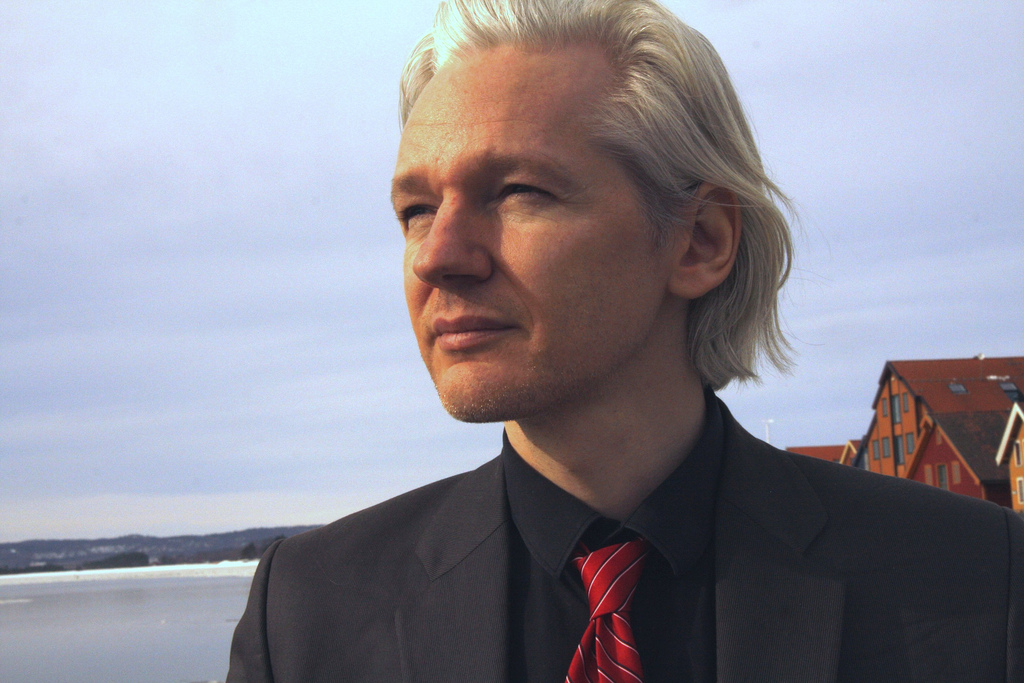Originally published on MintPress News.
AUSTIN, Texas — WikiLeaks took to Twitter to criticize what the organization describes as the continued “censorship” of the Panama Papers archive by the organizations and reporters who control the contents of the leak.
The massive archive of 2.6 terabytes of financial data leaked from Panama-based law firm Mossack Fonseca is controlled by German newspaper Süddeutsche Zeitung, the International Consortium of Investigative Journalists, and hundreds of journalists who have been selected to write about the archive’s contents.
The Panama Papers exposed the efforts the world’s wealthiest people, including more than a dozen world leaders, take to hide their earnings from tax authorities. The release caused upheaval in Iceland’s governmentand protests in the United Kingdom.
A growing number of international authorities are demanding access to the archive, according to German broadcaster Deutsche Welle, including a German finance minister and representatives of the U.S. Justice Department. But ICIJ’s director told DW last week that they would reject these and all similar requests.
“Our focus is journalism … ICIJ, and its parent organization, the Center for Public Integrity, are media organizations shielded by the First Amendment and other legal protections from becoming an arm of law enforcement,” Gerard Ryle said.
WikiLeaks sharply criticized this decision, suggesting on Tuesday that time was running out for these investigations as money is moved and evidence destroyed.
However, in an “Ask Me Anything” session on Reddit on Tuesday, the investigative unit at Süddeutsche Zeitung argued that limiting access to the archive was a way to protect the source of the leak: “As journalists, we have to protect our source: we can’t guarantee that there is no way for someone to find out who the source is with the data.”
In response, WikiLeaks slammed this as an “entirely bogus” justification by ICIJ that allows for “lucrative privatization” of the Panama Papers. Further, WikiLeaks suggested the treatment of the archive sets a dangerous precedent for future leaks:
DC based @ICIJorg is setting a very dangerous & short-sighted international standard where everything is censored by default. #PanamaPapers
— WikiLeaks (@wikileaks) April 27, 2016
“It is bad that @ICIJorg censors-by-default. But it is threat to all to erect this as the ‘responsible’ way for media to behave,” the organization added.
The tweets echo previous statements made by WikiLeaks’ founder, Julian Assange, who commented on the situation earlier this month from the Embassy of Ecuador in London, where he lives under political asylum.
WikiLeaks hosts publicly-accessible archives of leaked datasets, like Hillary Clinton’s private emails andhacked emails from private intelligence firms, putting Assange’s philosophy at odds with that of the ICIJ. In anApril 9 interview with Al-Jazeera, Assange insisted that openness and transparency are necessary for an archive of the size of the Panama Papers, which contains some 11.5 million documents:
When you’ve got millions of documents, you need to make millions of documents available, citable so it’s not just a few hundred journalists, it’s all the lawyers in the world, it’s all the police in the world.
After criticizing the current reporting on the archive for its political bias against Russian President Vladimir Putin, he urged the ICIJ to make plans to share the files.
“[W]hat I want to hear is that there is a path, a transparent path to publishing the vast majority of that data set,” he said, “because that’s what’s interesting from a legal perspective, from a historical perspective.”
